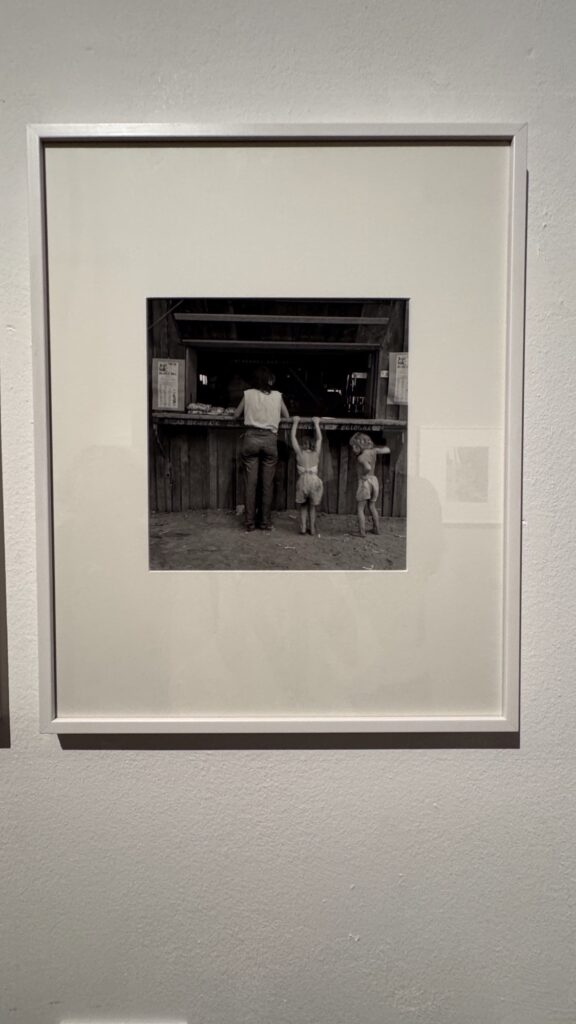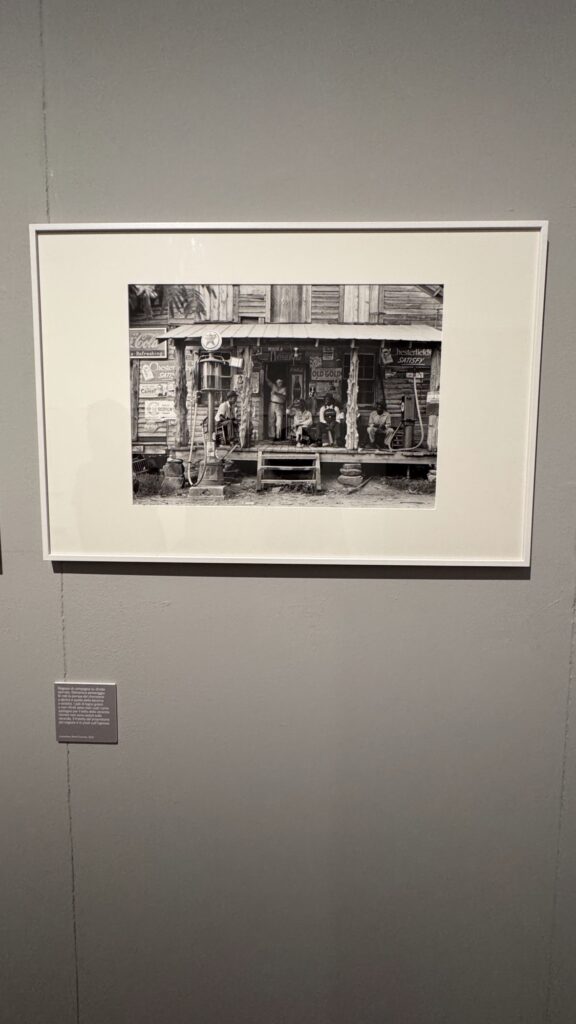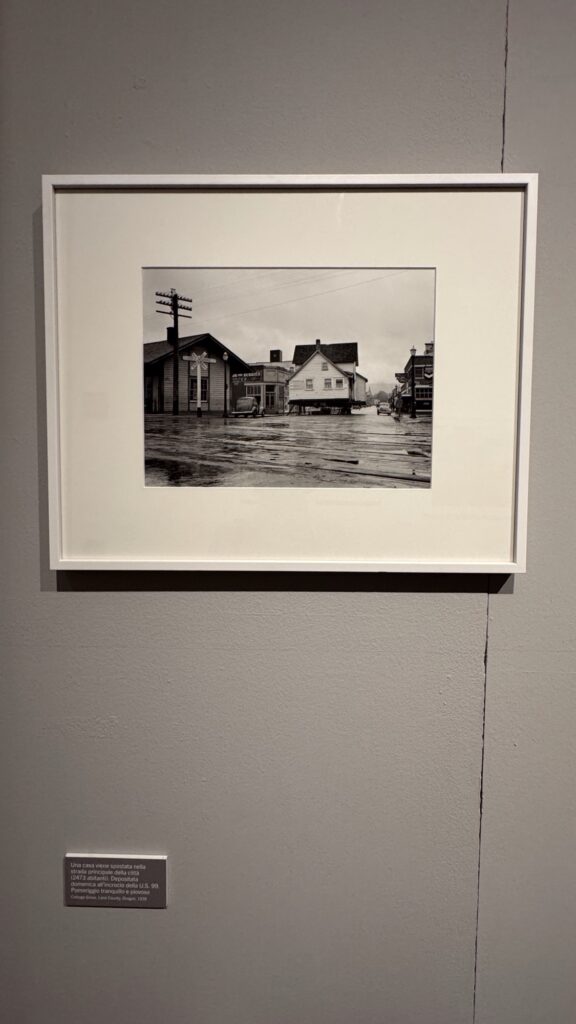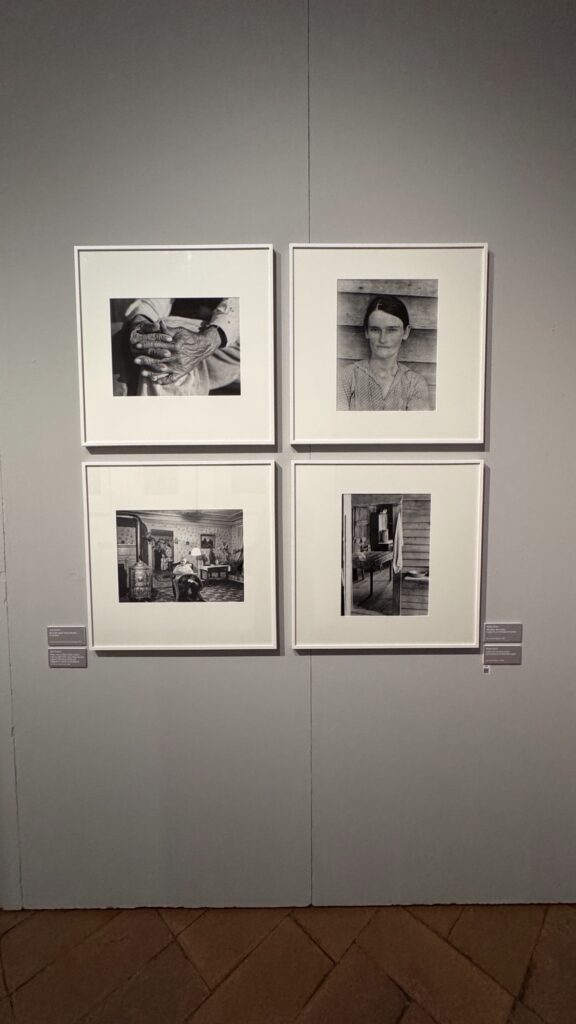Dorothea Lange is one of the most influential voices in 20th-century documentary photography. Her images, both iconic and deeply human, have captured the dignity and struggles of ordinary people during some of the most challenging times in modern history. From the Great Depression to the internment of Japanese Americans during World War II, her work continues to resonate with striking relevance today.
Milan now pays tribute to this extraordinary photographer with a major exhibition at the Museo Diocesano, open until October 19, 2025. The show retraces Lange’s career through her most emblematic series, inviting visitors to reflect not only on the power of images but also on their role as witnesses of social change.
Walking through the exhibition halls feels like entering a visual diary of the United States in the first half of the 20th century. Among the highlights is “Migrant Mother,” the portrait that became a universal symbol of resilience during the Great Depression. Alongside this masterpiece, visitors can discover lesser-known but equally powerful works that reveal Lange’s unique ability to combine aesthetic rigor with profound empathy. Her photographs are never just images; they are testimonies of lives, faces, and stories that might otherwise have been forgotten.




This exhibition is more than an artistic event; it is a journey into memory, identity, and the social role of photography. In an age saturated with images, Lange reminds us that a photograph can still shake consciences, raise questions, and inspire change.
Practical information is straightforward. The exhibition “Dorothea Lange” is hosted at the Museo Diocesano Carlo Maria Martini in Milan and is open to the public until October 19, 2025. The museum is located in the heart of the city, within walking distance from Sant’Ambrogio and Porta Genova, making it easily accessible for visitors and locals alike.


